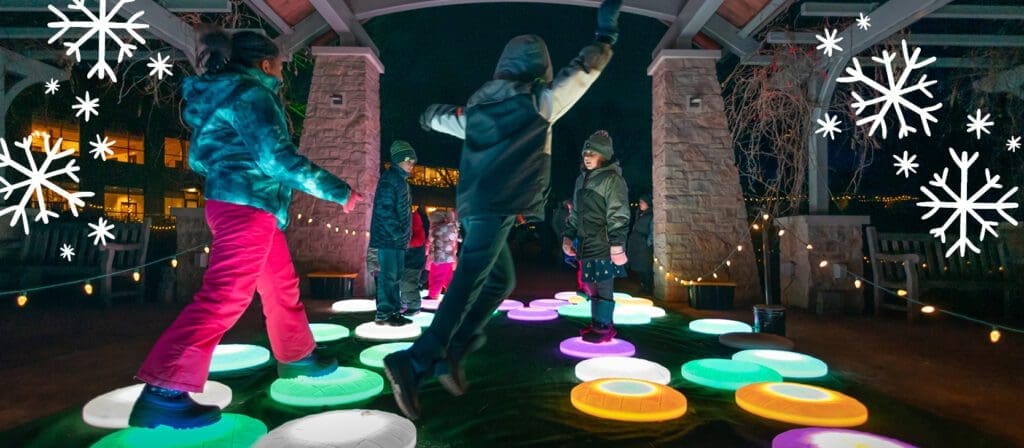Invasive plant species can cause significant harm to Wisconsin’s natural environment, but gardeners have the power to help prevent their spread!
One of the best ways to stop the spread of invasive plants is to be mindful of what you’re planting in your garden and landscape. Although it can be tempting to dig up a plant you find in the wild and plant in your outdoor living space, you could unknowingly be helping an invasive species spread.
It’s best to get plants for your garden from a nursery and confirm that those plants are not considered invasive for your region.
Explore these four common invasive garden plants and a few natives you can plant as alternatives.
JAPANESE BARBERRY
This hardy ornamental plant often grows in gardens, but once planted, it spreads easily and quickly into a wide variety of natural habitats. It can endure difficult conditions with its ability to withstand drought and tolerate shade.
Japanese Barberry invades by forming a dense cover over forest understudies, shading out native plants. When native plants are shaded out, wildlife that once relied on those plants for food are forced to alter their feeding habits. White-tail deer won’t eat Japanese Barberry which means they will feed heavily on other native plants leaving Japanese Barberry with a greater opportunity to spread.
Forests infested by Japanese Barberry often have an increased presence of ticks carrying Lyme disease.
Instead of planting Japanese Barberry in your garden or if you come upon it while walking your landscape, consider one of these native alternatives:
- winterberry (Ilex verticillata)
- fragrant sumac (Rhus aromatica)
- common ninebark (Physocarpus opulifolius)
BURNING BUSH
This ornamental shrub is sure to catch your eye with its winged stems and branches and vibrant red leaves. However, it wreaks havoc in a number of environments including forests, open woods, forest edges, pastures, and prairies.
Burning Bush adapts to a wide variety of environmental conditions and thrives in just about all sun and soil conditions. This adaptability gives burning bush a competitive edge over important native plants.
Like the Japanese Barberry, Burning Bush is not eaten by white-tail deer, which leads to increased feeding on other native plants, ultimately make these natives scarcer. Burning Bush also spreads quickly due to its plentiful production of highly viable seeds.
These native plants are great alternatives to consider:
- black chokeberry (Aronia melanocarpa)
- oak-leaf hydrangea (Hydrangea quercifolia)
- arrow-wood viburnum (Viburnum dentatum)
AUTUMN OLIVE
This large deciduous shrub looks very appealing with its silvery foliage and ability to grow to great heights. However, it poses a great threat not only to natural areas, but to agricultural fields as well.
Autumn Olive disrupts the nutrient cycling of soil by adding excessive nitrogen to the ground. Nutrient cycling is incredibly important to the continued growth of native plants, especially many common crops we rely on for food production.
Consider planting this native alternative instead:
- bayberry (Myrica pensylvanica)
BLACK LOCUST
This fast-growing tree easily invades forests, prairies, old fields, and roadsides. Black Locust spreads vigorously and creates dense groves of clones, often excluding native plants entirely.
One of the reasons Black Locust gets out of control so quickly is because damage to its roots or stems encourages the plant to reproduce and spread.
Instead of planting Black Locust, consider one of these native plants for your yard:
- sugar maple (Acer saccharum)
- red oak (Quercus rubra)
- Kentucky coffeetree (Gymnocladus dioicus)
Be sure to check out all of the invasive species you should keep an eye out for thanks to guidance from the Wisconsin Department of Natural Resources (DNR), learn more about the variety of native plant options to choose from during your next visit to the Garden, especially in the Schneider Family Grand Garden, and get tips on starting your own native garden or landsacpe at home!





